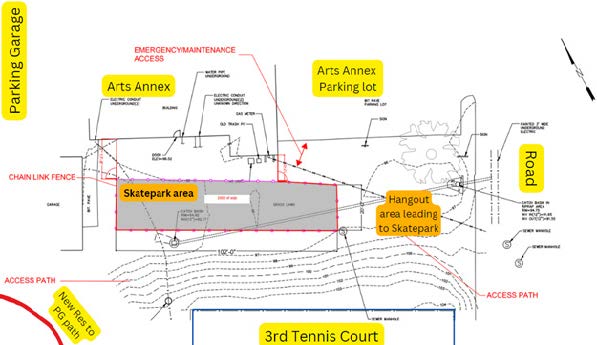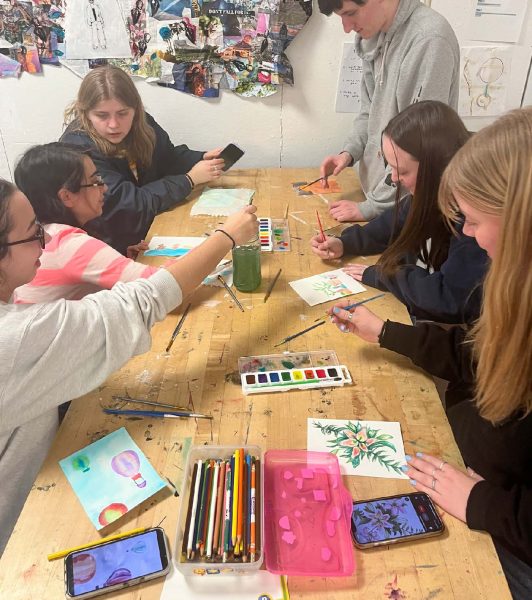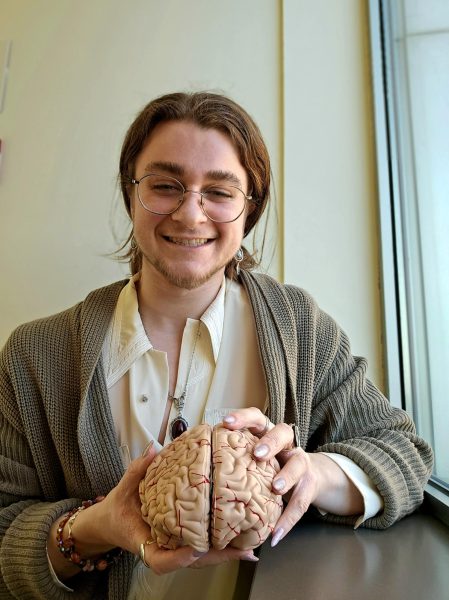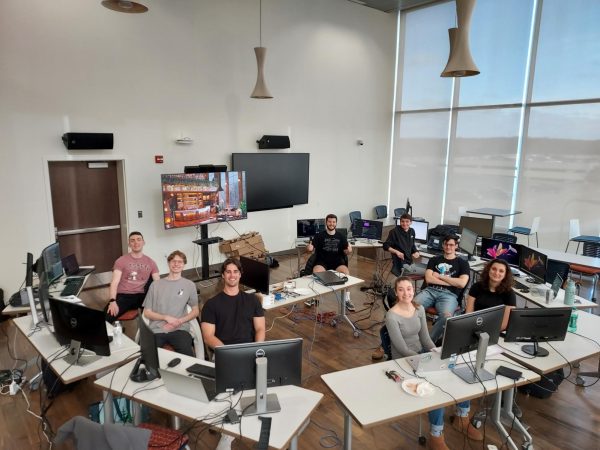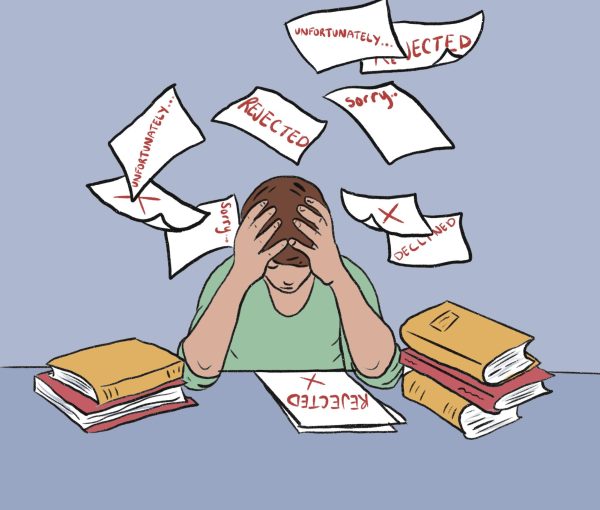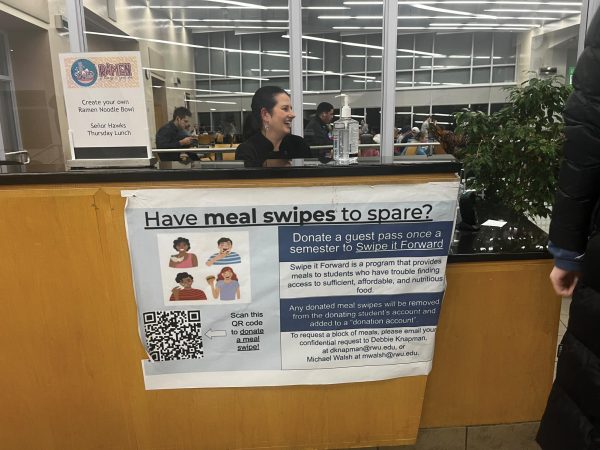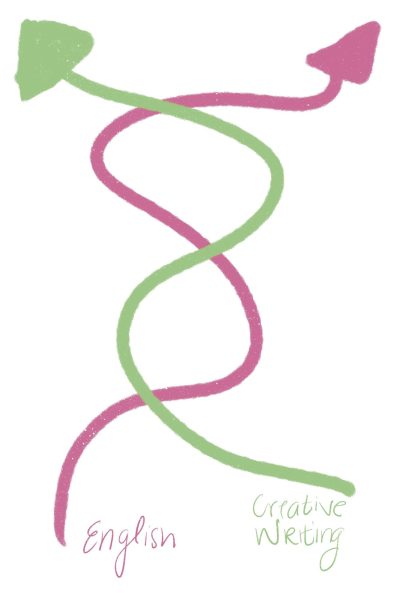Counseling center spotlight
Jen Campisi
Features Editor
Photo courtesy of Trey Powers
The Center for Counseling and Student Development is an on-campus resource that provides several services to Roger Williams University students in need. Whether individual, couple, family or group counseling, or developmental programming, the Center is located on the second floor of the Center for Student Development, across from Cedar Hall. During the academic year, the center is open from 8:30 a.m. to 4:30 p.m., Monday through Friday.
If a student is in crisis outside of the Counseling Center hours, there are various resources available, such as talking to an RA, reaching out to a CORE, or calling the on-call psychologist.
Dr. Christopher Bailey, the interim director for the Center, has worked over six years at the university, providing care to those who are in search of it. He wants students who are unfamiliar with the Counseling Center to know that “We’re here if we’re ever needed.”
There are many common misconceptions about the Counseling Center being a resource only for those battling mental illness, but that is completely untrue. Any personal issue or concern is enough to be seen if a student ever needs to talk about something—anything from homesickness, social troubles, break-ups, abuse, assault, death, distress and tension, and transitions from students entering RWU or leaving RWU and their life after.
“You don’t need a diagnosis,” Bailey said. “If it’s a personal concern or challenge for a student, then we’re here for them if they believe coming in would benefit them.”
The Counseling Center has many benefits to students and is free of charge to visit. According to Bailey, the three main ways that the Counseling Center reaches students are through individual counseling, group counseling, and programs held on campus.
There are two types of therapy groups that are offered through the Center, including skill-based groups and process-based groups.
Skill-based groups guide members in learning and practicing strategies to cope with concerns such as stress, anxiety, and emotional regulation. Group members are encouraged to practice these skills outside of the group and may discuss how they applied them to their day-to-day life. Process-based groups lead members in exploring the concerns and issues that brought them to the group. Group members discuss their concerns more openly to increase self-awareness and offer and receive genuine and honest feedback from others.
Students who participate in group therapy often make friends and develop insight into their own struggles by listening to the struggles of others. Having a common bond between someone similar in age who might be going through the same may help with decreasing the feeling of loneliness. Members of groups benefit from the support and acceptance of both therapists and peers, which provides multiple ways of viewing and coping with challenges.
While the types of groups are very different and cater to several needs, those who participate decrease the feeling of being alone in their experiences and emotions when realizing other people are going through similar challenges. Members have the opportunity to help support others, increasing their own positive feelings by contributing to the well-being of others.
Some groups that are available on campus for this spring semester include Anxiety and Stress Management, Creativity and Coping, Dating Violence, Happiness Habits, Grief and Loss, LGBQ&Q, Navigating Distress, Senior Transitions, and Stress Management: East Meets West.
The Anxiety and Stress Management group is geared for students who would like to learn coping skills for managing stress and better understanding their thoughts in relation to anxiety. This group meets Mondays from 3:00 p.m. to 4:00 p.m.
The Creativity and Coping group is held every Friday from 12:30 p.m. to 2:00 p.m. During each meeting of this group, participants will be led in thoughtful artistic projects to manage stress in a creative and hands-on way.
The Happiness Habits group focuses on practical strategies and skills that will help increase your well-being in your daily life. This group meets on Thursdays from 11:00 a.m. to 12:30 p.m. for new members.
The LGBQ&Q group is a safe and supportive process group for members of this community at RWU. This group meets every Tuesday from 3:30 p.m. to 4:30 p.m.
The group called Navigating Distress focuses on developing skills to manage painful experiences and accepting things beyond one’s control. Members of this group will learn to be more aware of the present moment and will learn mindfulness activities. This group meets on Wednesdays from 2:30 p.m. to 3:30 p.m.
The other groups mentioned do not have determined days or times; however, it is best to call the Center at (401)-254-3124 if interested in more information.
If you do not feel that group therapy would be helpful, it is suggested that you might want to evaluate the possibility of individual therapy, where students meet one-on-one with a counselor to personally discuss their problems or challenges.
In individual therapy, a student will meet with one of the Center’s psychologists or psychology interns who are in training to soon be psychologists. There is also a social worker and psychiatrist at the counseling center as well as other people that are available by appointment.
If a student is worried about confidently discussing their troubles with someone who is unfamiliar to them, it is important to know that the idea of confidentiality is something that the Counseling Center takes very seriously. The Center is legally and ethically bound to keep confidentiality.
For anyone who is struggling with their mental health and has yet to seek help, whether due to embarrassment, uncertainty, or because they assume they can handle it on their own, know that the Counseling Center is available and making efforts to break the stigma of mental illness.
The Counseling Center is in its final stages of preparing and planning Let’s Talk, a nationally known program that gives students an opportunity to meet with Counseling Center staff outside of the Center. Students can appear at locations across campus to ask questions or talk about a problem at their own pace.
“If they’re apprehensive about coming into the Center, this is a way to check in to it without committing,” Bailey said.

